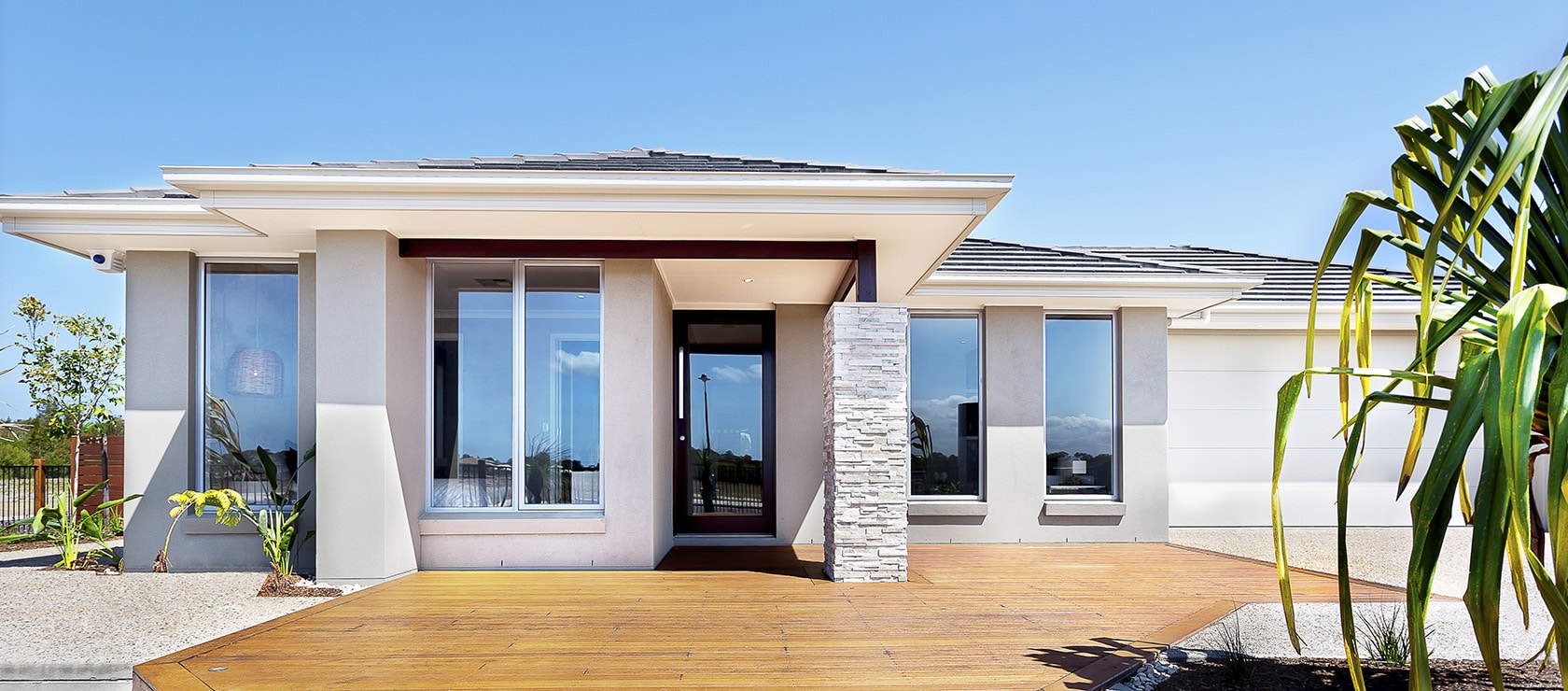Information is power. Knowing how much a property is worth can help you secure a great price during negotiations.
Whether you’re a buyer or a seller, having an accurate property valuation conducted can give you the confidence you need to close the deal in your favour.
And it doesn’t matter if you’ve had one conducted recently. The housing market is constantly shifting.
A house worth $600,000 a year ago could be worth much more – or even less – today.
So it’s vital to always obtain reliable, up-to-date advice on the value of a home when buying or selling.
Who conducts property valuations?
Property sellers can approach either real estate agents or private valuers for a valuation.
While private valuers are not used by banks when lending decisions are made, they are useful for a guide to the estimated market value.
In fact, “bank valuations” are altogether another thing. They’re conducted by a lender to determine their lending risks when you apply for a home loan. And they’ll usually be more conservative than the market valuation.
What exactly is meant by “market value”?
The market value of a property reflects the price that a willing buyer and willing seller negotiate before a transaction takes place.
It is not the current listing price of the property or the amount of money that was last offered for the property.
How property is valued
A property valuer takes a number of different things into account before coming up with a figure.
Typically, they look at the number and type of rooms, the size of the property, location, and areas for improvement.
They may also look into whether the building has a sound structure, the quality of the property’s interior design and fittings, ease of access, and planning restrictions.
Outside the property, they will look into any local council issues and compare recent sales figures in the area to understand how in-demand the property may be.
Factors that influence value
Many of the factors that decrease a property’s value are beyond the control of homeowners.
The popularity of a property’s location and surrounds will have a huge impact on its price. For example, a new whizz bang unit block may go up next door making yours look outdated, or a new high rise could block your ocean view.
Government legislation – such as changes to foreign ownership or Labor’s proposed changes to negative gearing and capital gains tax – can also impact the market.
There are, however, ways that sellers can increase the value of their home outside fluctuations in the market. We’ll take a look at a few below.
Kitchen and bathroom: These areas attract the most interest from potential home buyers. Consider allocating a chunk of your budget towards new sinks, countertops and cabinets.
Fresh paint job: Painting can make a property feel new. Neutral creams and whites suit most people’s preferences. Lighter shades also give the impression of spacious rooms.
Get trimming: If your property looks gloomy, try trimming overgrown bushes, mowing the yard, and growing flowers.
Improve energy efficiency: Buyers may dig deeper into their pockets for a home that helps them save on energy costs. Install appliances with positive energy conservation ratings. Also, replace old windows with ones that have a durable sealing.
And a quick warning to the buyers out there. Make sure you don’t allow yourself to get “wowed” by cosmetic upgrades. Remember that there are other important factors you’ll want to consider when you evaluate a property too.
Want to conduct a property valuation?
Get in contact with a few Real Estate Agents in your area and they’ll be happy to give you a free appraisal. We know the best Agents in your area so feel free to contact us and we’ll recommend you to a reputable Agent.
